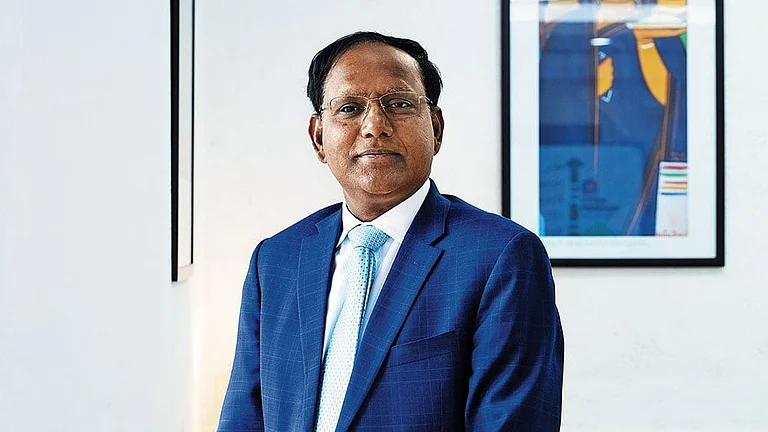India is a relatively young nation with close to two-thirds of our population below 30 years, but many Indians are caught between demographic advantage combined with the problem of high medical price rises and stumpy health insurance penetration across the country.
While more and more people are getting insurance for things which they care about, underinsurance and lack of awareness is a prevailing issue. At a time like this, being underinsured is as good as being uninsured as we witness an era of rising health care costs.
A larger percentage of the population is covered under group health schemes as compared to an individual cover. The clear reason for it is low premium or employer or Government-sponsored schemes available from the employer or entities. Despite the long list of coverage, a large amount is paid ‘out of pocket’ for health care, while the rest buy health insurance as a tax-saving instrument.
A health insurance policy can be considered comprehensive only if coverage as well benefits are aligned to an individual’s needs. Scope of comprehensive health insurance coverage depends on one’s lifestyle, life stage, existing disease (if any), and family medical history. Group health policies take care of basic initial needs, but individual health insurance products offer more customized and suitable offerings.
Here are a few points to consider while analyzing if your existing or potential health insurance cover is apt for you:
Is the sum insured enough for the present and the product have features to take care of the future of medical inflation?
The rapid growth of medical inflation has increased operating costs for the healthcare industry. These are inevitably passed on to patients. Sum insured should be decided considering medical cost in your city of residence and existing ailments. Products with restoration and cumulative bonuses should be preferred to take care of extra burdens and medical inflation.
Is life stage-specific need covered?
Depending on one’s life stage, you may choose benefits which suits your need, like maternity, child immunization, regular health checkup, outpatient cover, and cover on family floater basis.
Group medical insurance may have cover for these benefits but one must be watchful of the sum insured, sub-limits, or waiting period.
Pre-existing diseases
You should disclose pre-existing conditions if any while buying a policy and always understand the waiting period, sub-limits, or exclusions applicable to these conditions.
2. Does it provide cashless service and has an adequate network?
One must be vigilant of the fact that the policy offers cashless service and has a network of hospitals in the vicinity.
What is excluded from or limited under the policy?
Diseases or treatments excluded or covered with any sub-limit, co-pay, etc. should be understood and noted while buying a policy. You must compare the cost of premiums for plans that suit the needs and should know the list of coverage included as a part of the policy. Not covered for the relevant needs or underinsurance can hit one’s finances. It is always advisable to understand and keep a check on the policy benefits and terms and conditions of your existing as well as a potential health insurance policy which you plan to buy. Select products that cover the benefits that you require.
Take account of the future cost of treatment while buying insurance
It is important to be well-informed about insurance needs. Just having a large cover isn’t the be-all and end-all. Policies with a steep increase across age bands would be expensive from a long-term perspective. Medical inflation would mean the cost of a procedure will increase or may double in the next 10 years.
Does it provide global cover?
Global cover refers to medical expenses that are incurred outside India. For such covers, one must understand the cover limit; other conditions like a diagnosis in India only, limited treatments like cancer only, etc. You might also need to look at the countries that come under such a plan and the method of payment - is it cashless or on a reimbursement basis?
What are you being charged for and how much?
Lastly, you should compare not just benefits but also the cost being charged for the same. As a health policy is lifelong renewable, one should also look for the brand stability of a health insurer.
More such parameters, depending on one’s specific needs, can be considered for evaluating a comprehensive health insurance policy.
One should understand that the group insurance policy will only be valid till he/she is a part of the group. In a time of uncertainty, a job loss or discontinuation of group membership can get you uninsured. Change in the employer can lead to a change in health insurance benefits.
As a thumb rule, make sure you think ahead and invest in a personal health insurance plan that fills in the gaps of an existing insurance policy. This can help you supplement your company-funded health insurance plan and meet health emergencies head-on and without strain on your financial situation.
The author is Executive Vice President and Head Consumer Lines – Tata AIG General Insurance
DISCLAIMER: Views expressed are the authors' own, and Outlook Money does not necessarily subscribe to them. Outlook Money shall not be responsible for any damage caused to any person/organisation directly or indirectly.



























